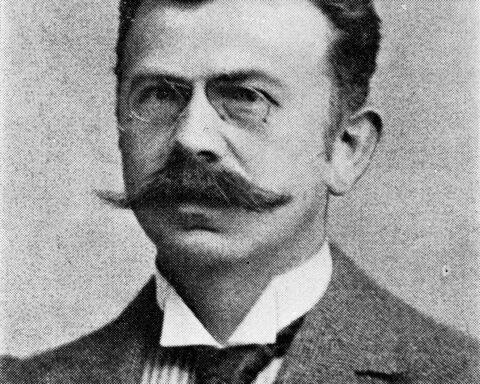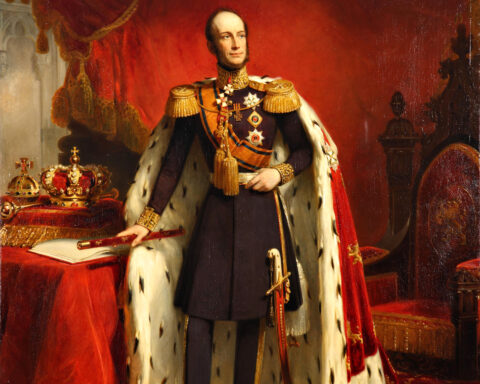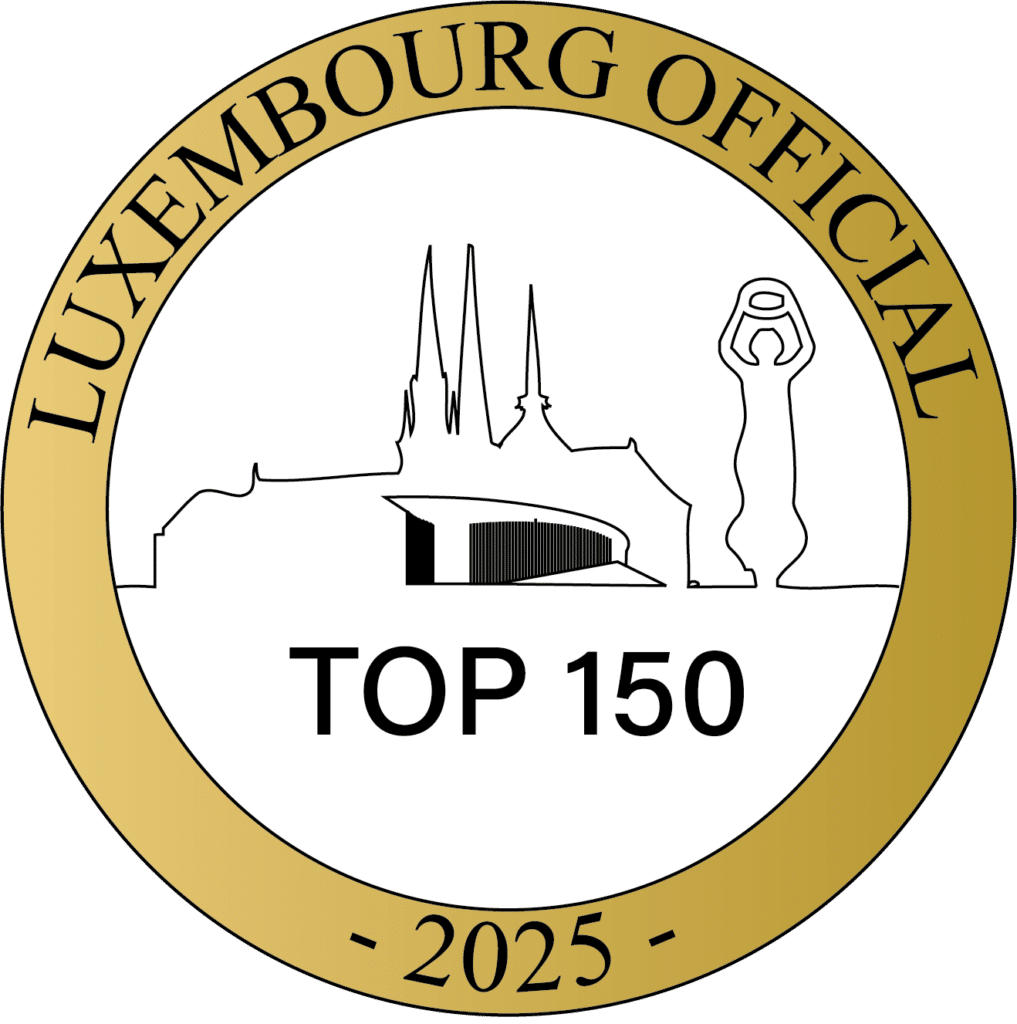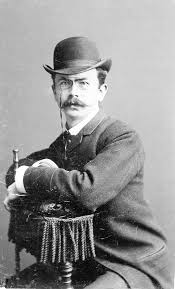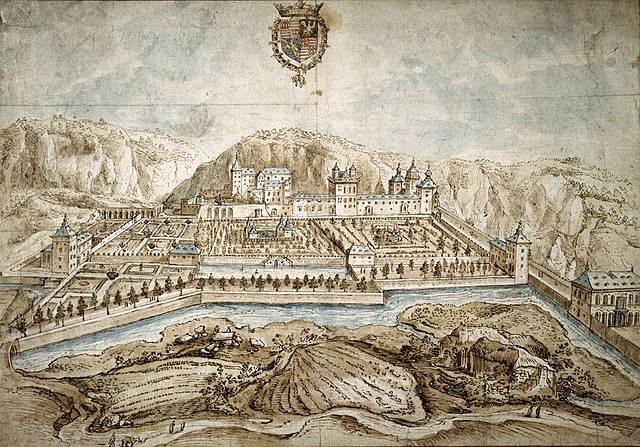Hugo Gernsback, a Luxembourgish-American inventor and publisher, played a pivotal role in establishing science fiction as a distinct literary genre. Born in Luxembourg City on August 16, 1884, Gernsback immigrated to the United States in 1904, bringing with him a profound interest in science and technology. This passion led him to found several magazines that combined scientific exploration with imaginative storytelling, thereby laying the groundwork for modern science fiction.
Pioneering Science Fiction
In April 1926, Gernsback launched Amazing Stories, the first magazine dedicated exclusively to science fiction. He coined the term “scientifiction” to describe the genre, envisioning it as “charming romance intermingled with scientific fact and prophetic vision.” This publication provided a platform for writers to explore speculative ideas, significantly shaping the science fiction landscape. Gernsback’s editorial approach emphasized the educational potential of science fiction, aiming to inspire readers about scientific advancements. His influence was so profound that the prestigious Hugo Awards, established in 1953, were named in his honor to recognize excellence in science fiction writing.
Influencing Sci-Fi Literature
Beyond publishing, Gernsback contributed to science fiction through his own writings. His novel Ralph 124C 41+: A Romance of the Year 2660, serialized in 1911, is notable for its futuristic vision and imaginative concepts. The story introduced readers to advanced technologies and concepts, many of which were speculative at the time. Gernsback’s dual role as publisher and author allowed him to shape the genre’s themes and direction, fostering a community of writers and readers passionate about science fiction. His efforts not only popularized the genre but also encouraged the exploration of scientific ideas through narrative storytelling.
“By ‘scientifiction’ I mean the Jules Verne, H. G. Wells, and Edgar Allan Poe type of story—a charming romance intermingled with scientific fact and prophetic vision.”
Science and Technology Enthusiast
Gernsback’s fascination with science extended beyond literature. He was an avid inventor, holding numerous patents for his innovations. His technical education in Luxembourg and Germany equipped him with the knowledge to contribute to various scientific fields. In 1908, he founded Modern Electrics, a magazine aimed at radio enthusiasts, which not only provided technical information but also included science fiction stories. This blend of factual articles and imaginative fiction reflected Gernsback’s belief in the symbiotic relationship between science and literature. His endeavours in publishing and invention demonstrated his commitment to advancing public interest in science and technology.





